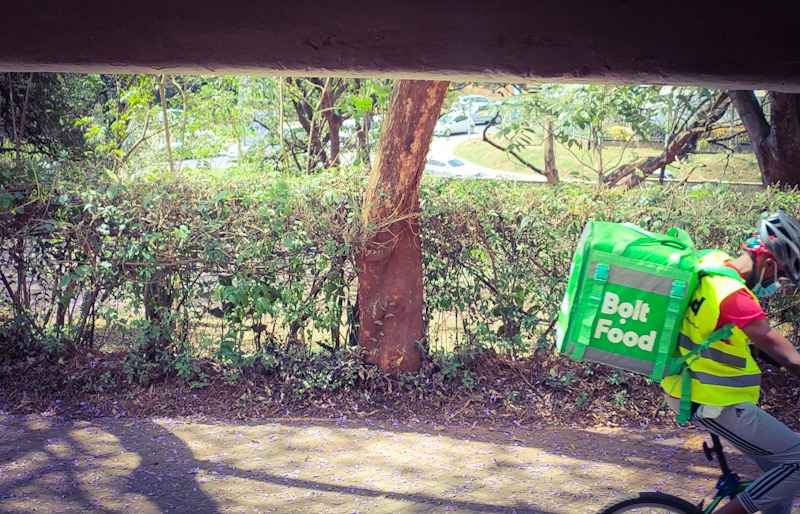A new study by Kenya’s Competition Authority of Kenya (CAK) reveals a surge in online grocery shopping.
The “Online Food and Groceries Delivery Platforms Market Study“ report paints a promising picture, projecting that by 2027, over 10.5 million Kenyans will be grocery shopping online.
“Additionally, it was estimated that 9.3% of Kenyans are shopping for food and groceries online as of 2023; this is projected to rise to 16.7% by 2027, an equivalent of 10.5 million consumers,” CAK shows.
Convenience and Efficiency Drive Growth
The study attributes this rapid growth to the convenience and efficiency of online grocery shopping platforms. Factors like same-day and timed delivery options and buy-and-collect services are expanding consumer choice and enhancing the overall experience.
It added, “The rapid growth in online food and grocery shopping in Kenya is attributable to the increased need for convenience and proficient delivery services.”
Consumers are increasingly drawn to the ability to compare prices, product selections, and personalized offers directly from home. This level of information and control over their purchases is driving the rise of online grocery shopping in Kenya.
The CAK report highlights the added benefits of safety and convenience associated with online grocery shopping, further contributing to its growing popularity.
According to the report, businesses and industry regulators, including competition law and policy enforcers, must adapt and prepare for this shift as the online shopping market grows.
It calls for an in-depth understanding of potential competition concerns and consumer protection issues, which is crucial, especially for multi-sided online platforms like online food and grocery markets.
Regulation in the Digital Age
Recent technological advances have come with the responsibility to develop regulations supporting digital platforms and their interconnected ecosystem.
“The key question is whether some of the existing policies and regulation practices enable the growth of the digital economy,” CAK pauses.
While Kenya lacks explicit e-commerce regulations, recent legislative changes like the Data Protection Act (2019) and the Copyright Amendment Act (2019) are positive steps.
However, it notes significant information and regulatory gaps regarding how digital platforms operate across the entire value chain.
For instance, regulators need to understand how a combination of high market shares and network effects, typical of digital platforms, can create economic barriers to entry that favour established players.
It notes, “To enable the Authority to design reliable policies on this subsector, primary data is needed to understand better competition in the digital platform markets and their associated consumer protection concerns.”
Data will allow them to develop regulations that foster a healthy and competitive online grocery shopping landscape that benefits both businesses and consumers in Kenya.
Glovo Leads the Way in Grocery Delivery
The CAK study revealed that the Spanish delivery app Glovo was consumers’ most preferred online grocery delivery platform.
46% of consumers surveyed named Glovo their preferred grocery delivery platform. Jumia emerged as the second most popular option, with 35% of consumers favouring it.
The remaining 20% of consumer preference is distributed among other grocery delivery platforms.
Food Delivery
According to CAK, Glovo enjoys the highest ranking among consumers for online food delivery, with 45% naming it their favourite platform.
Jumia Food follows closely behind with 16.8% of consumer preference. Uber Eats and Bolt Food capture 22% and 14.9% of consumer preferences, respectively.




